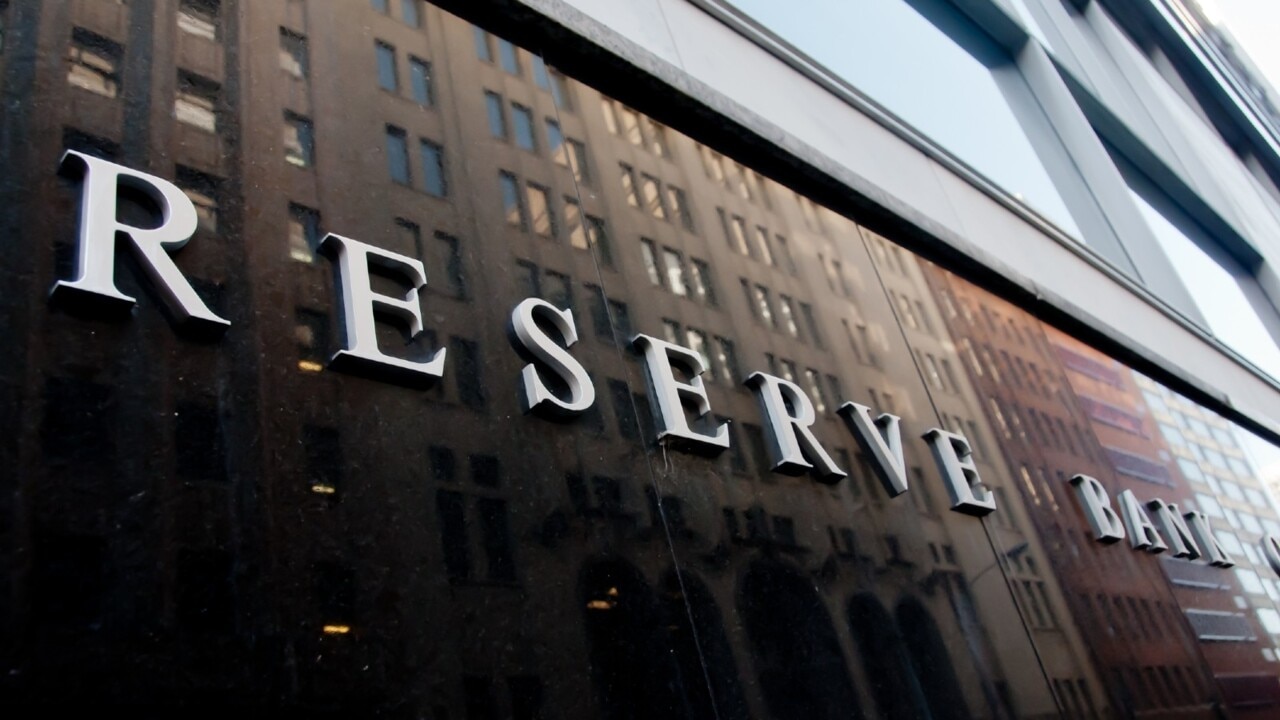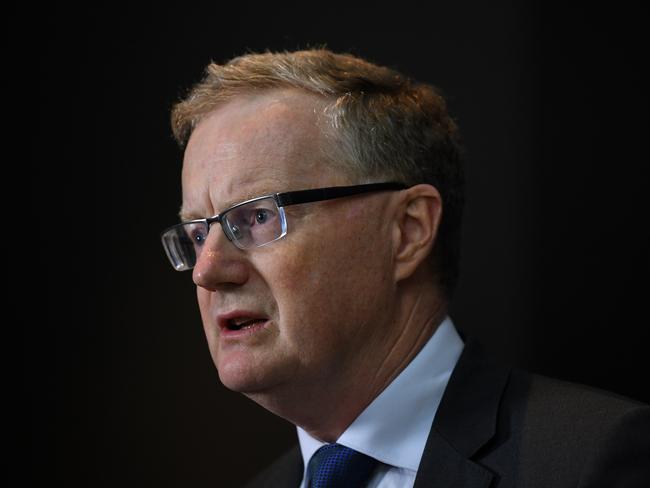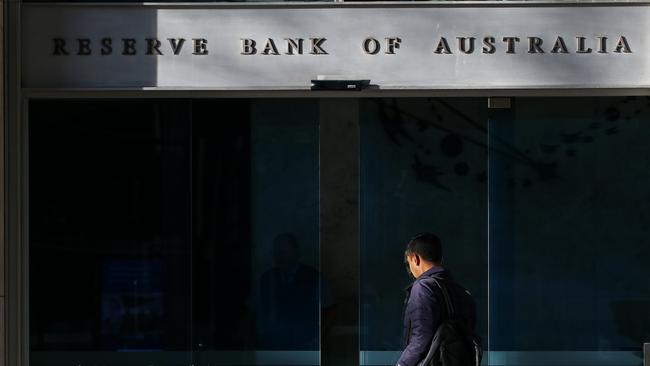Major RBA review recommends the establishment of separate boards to set interest rates
The system that determines Australia’s interest rates is set for the biggest shake up it’s had in decades after a series of forecast bungles.

Interest Rates
Don't miss out on the headlines from Interest Rates. Followed categories will be added to My News.
The Reserve Bank board that sets interest rates is set for the biggest shake up in decades after a string of forecast bungles.
The Treasurer, Jim Chalmers will release the findings of a major review today that is expected to result in the removal of the power of the RBA board to set interest rates.
It recommends the establishment of a separate Monetary Policy Board and Governance Board.
As an interim measure, the Treasurer is expected to announce the appointment of two new external RBA board members.
The report, titled “An RBA fit for the future”, makes 51 specific recommendations.
The government is expected to announce it will accept the recommendations and offer a commitment to the independence of the Reserve Bank and support for the inflation-targeting framework.
“The Review is all about ensuring Australia’s central bank and monetary policy arrangements are as strong and effective as they can be into the future,‘’ Treasurer Jim Chalmers said.
Christopher Joye, a portfolio manager with Coolabah Capital who previously worked at Goldman Sachs and the RBA said reform was long overdue.
“So what’s happened is because of their heinous forecasting track record, and because of terrible policy mistakes, they have been left with no choice. To be clear, it wasn’t voluntary,’’ Chris Joye told news.com.au.

“One classic example is (RBA governor) Phil Lowe who told the world that he wasn‘t going to raise rates until 2024. He says that wasn’t a promise.
“He told everyone to go borrow and spend like drunken sailors because he had their backs. And that‘s obviously not what transpired.”
Mr Joye said that the RBA had missed its inflation target before the pandemic, overshot its inflation pandemic massively after the pandemic and forecast conditions during the pandemic that would be much, much worse than they actually were.
“And therefore it overstimulated the economy,‘’ says Chris Joye.
“But there‘s been a broader structural problem which has been for decades. Everyone has known that they’ve been incredibly insular, incredibly arrogant, resistant to any form of criticism.
“The issue with the RBA is that it‘s one of the most insular and hierarchical organisations that exists anywhere in the world. They have been incredibly hubristic and an arrogant organisation that for decades would never admit that they’re wrong, or that they had forecast incorrectly.
“Basically, it‘s like an internal cult where people are promoted based on tenure. And it’s extremely resistant to both internal debate and dissent and external criticism.

“And that was probably a legacy of the fact that for decades central bankers used to be lionised as all-seeing all-knowing. Nostradamus-like characters.
“They‘ve also had an implicit contract with the media where if it were a tip off journalists about what we’re thinking, journalists then become rock stars,” he said.
The review is also expected to consider more regular public briefings to explain interest rate movements.
Dr Chalmers has been upfront that the RBA needs to “change the way that they go about things”.
“Our commitment to that group is that we will work collectively, methodically through the recommendations that they provide us,” he said.
“There are some that would require the governor and the board to change the way that they go about things at the bank.”
Originally published as Major RBA review recommends the establishment of separate boards to set interest rates



